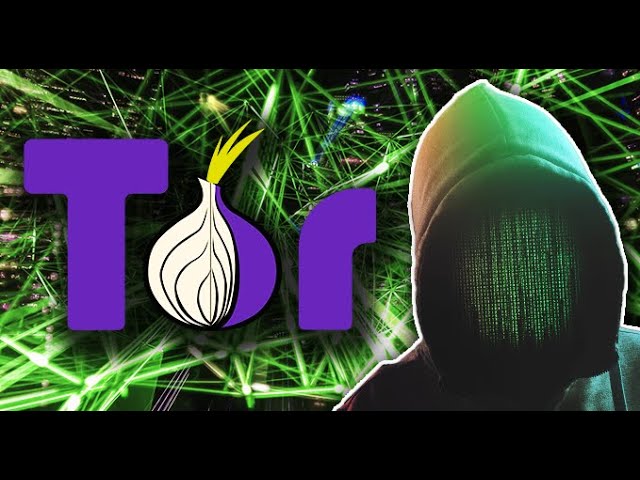Dark Web Empowers Digital Nomads with Privacy and Security
The Dark Web, often misunderstood and associated with illicit activities, can offer digital nomads a unique layer of privacy and security, which are critical in today’s highly connected, often vulnerable online world. Digital nomads, who typically work remotely and travel frequently, rely on public Wi-Fi networks, hotel connections, and internet cafes for their online tasks, all of which can be a breeding ground for cyber threats. This makes the need for privacy and security even more urgent. By using the Dark Web, or more specifically, technologies that facilitate access to it, such as Tor The Onion Router, digital nomads can safeguard their personal and professional information from hackers, surveillance, and data theft. Tor, the most widely known tool for accessing the Dark Web, helps users anonymize their internet activity by routing their connections through multiple layers of encryption across a distributed network of volunteer-operated servers. This encryption makes it significantly harder for third parties such as governments, corporations, or cybercriminals to trace a user’s IP address or monitor their browsing activities.

For digital nomads who may operate from countries with stringent surveillance programs or restrictive internet censorship, this level of privacy can be essential. By masking their location and identity, they can browse and work online with confidence, reducing the risk of government surveillance or corporate tracking. Moreover, the Dark Web empowers digital nomads with a secure environment for communication and data sharing. Many nomads use encrypted messaging platforms like ProtonMail or Signal, which can be accessed securely via the Dark Web, ensuring that their communications remain private and protected from prying eyes. This encryption is particularly beneficial for freelancers, business owners, and journalists who need to communicate sensitive information without fear of interception. Additionally, the anonymity provided by the Dark Web enables digital nomads to bypass geo-restrictions and access services and content that may be blocked or censored in certain regions, such as specific websites or online resources that are essential for their work.
The Dark Web also provides a haven for freelancers and entrepreneurs who rely on anonymity for financial transactions in tordex.cc. Cryptocurrencies, like Bitcoin or Monero, are often used on the Dark Web to carry out transactions without revealing personal or financial information. For digital nomads, using cryptocurrencies for payments can reduce the risk of fraud and identity theft, particularly when working with clients from around the world. Furthermore, these decentralized currencies offer the flexibility to avoid international banking restrictions or high transaction fees, which is a significant advantage for those managing cross-border business. While the Dark Web offers several advantages in terms of privacy and security, it is important to note that it is not without risks. Digital nomads must exercise caution and ensure they are following best practices when accessing the Dark Web, as it can also be home to illegal activities. However, for those who prioritize their privacy, anonymity, and security, the Dark Web can be an invaluable tool that enhances their ability to work and live freely in an interconnected, sometimes perilous, online environment.
